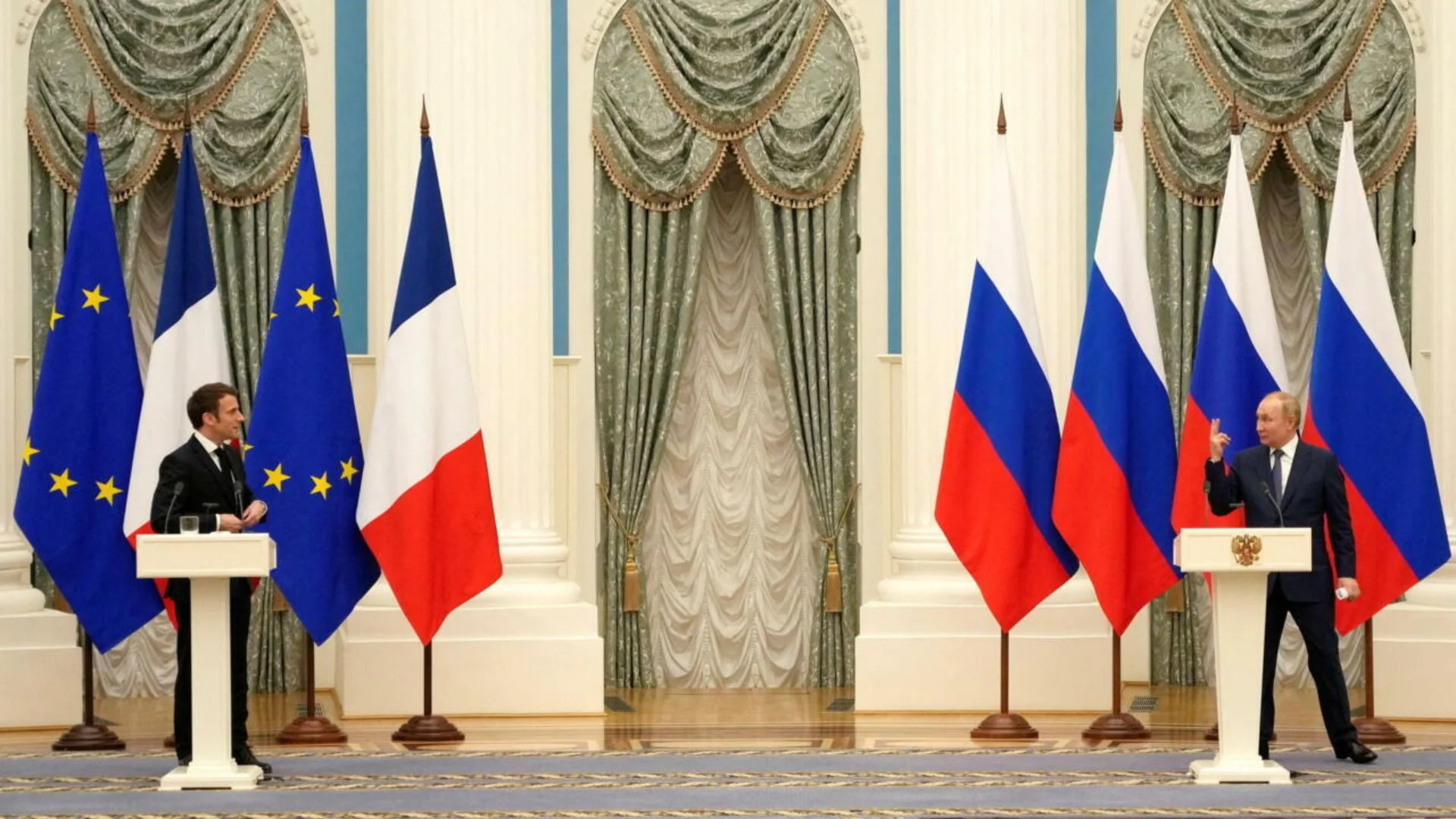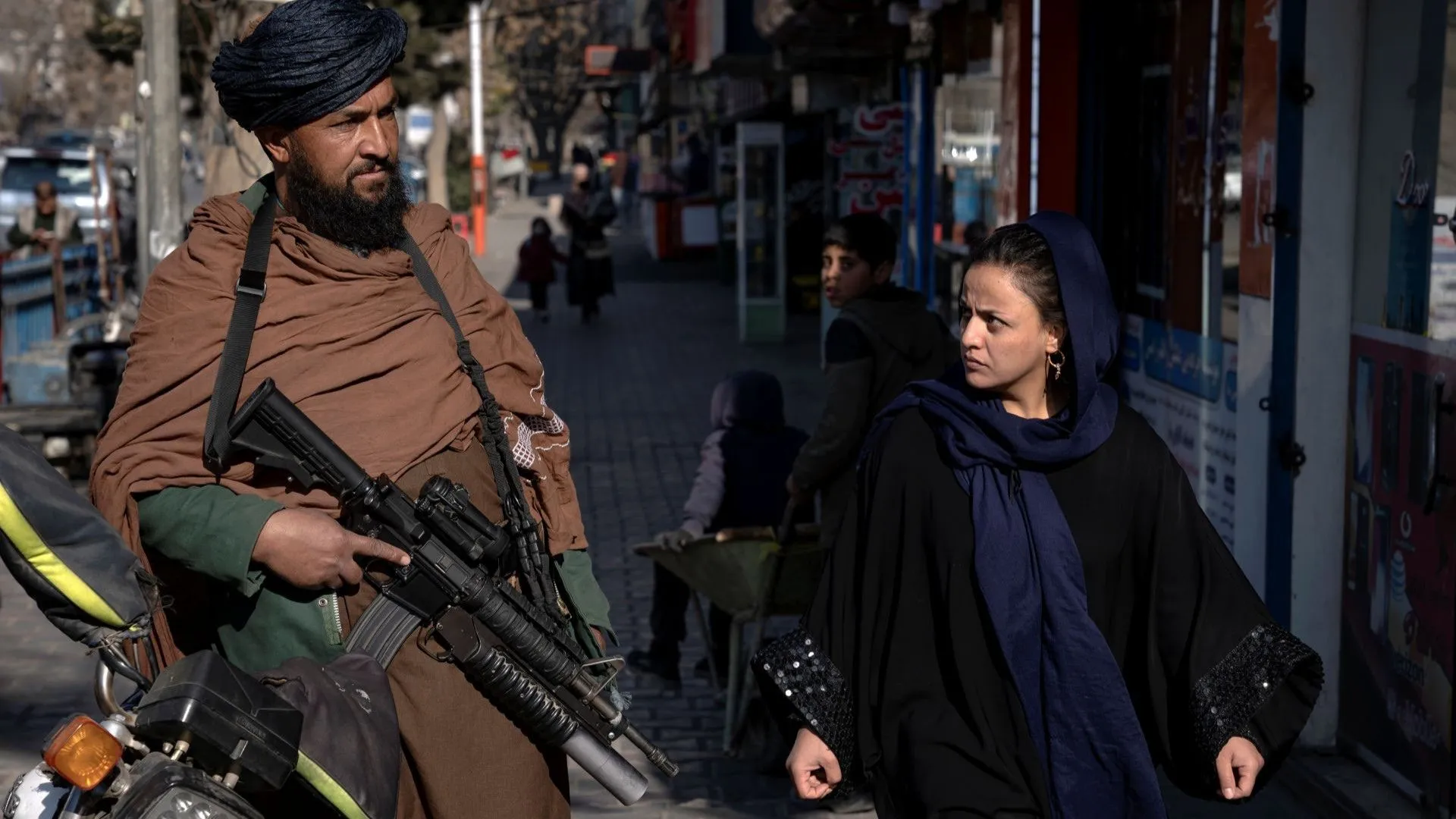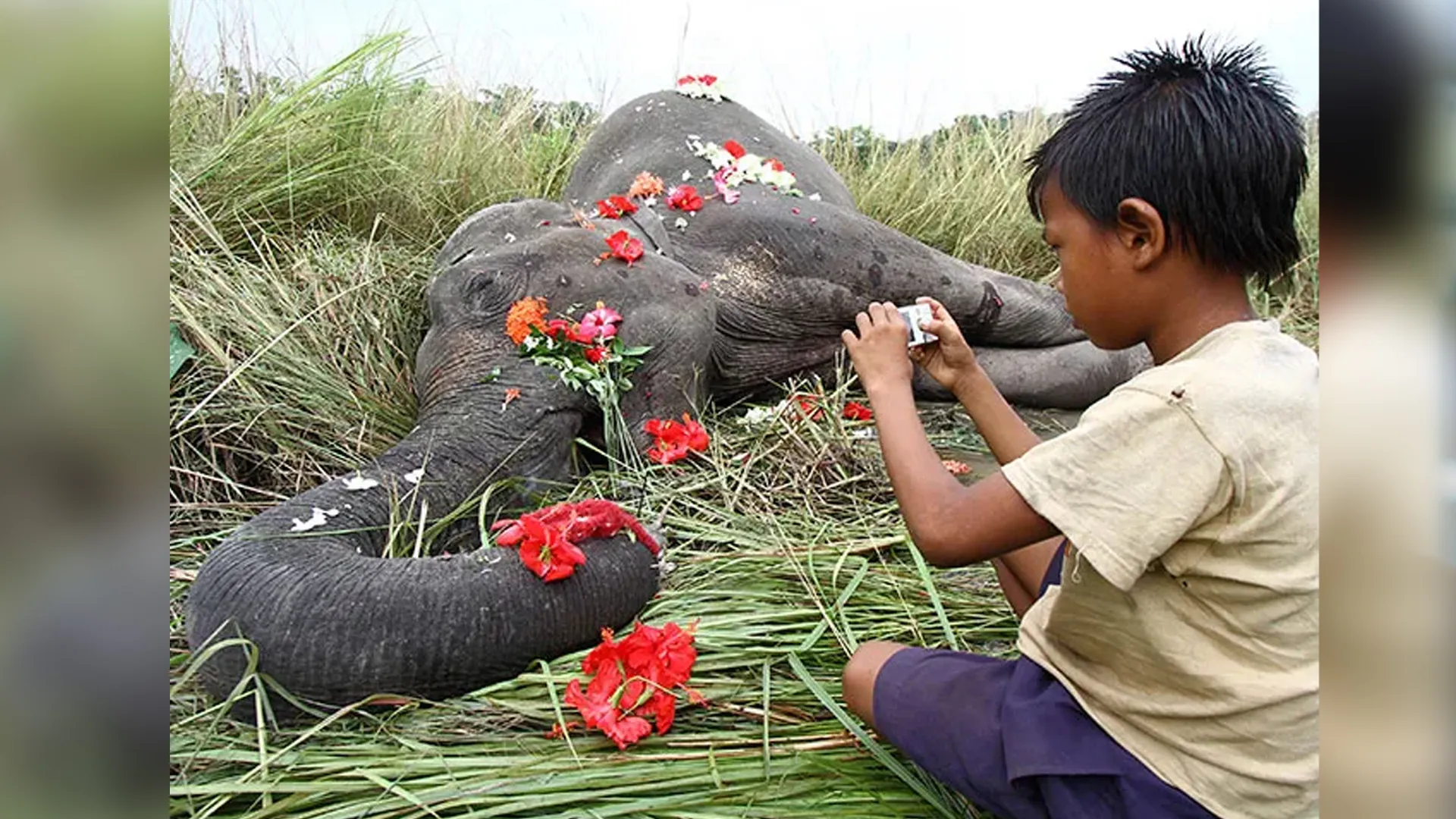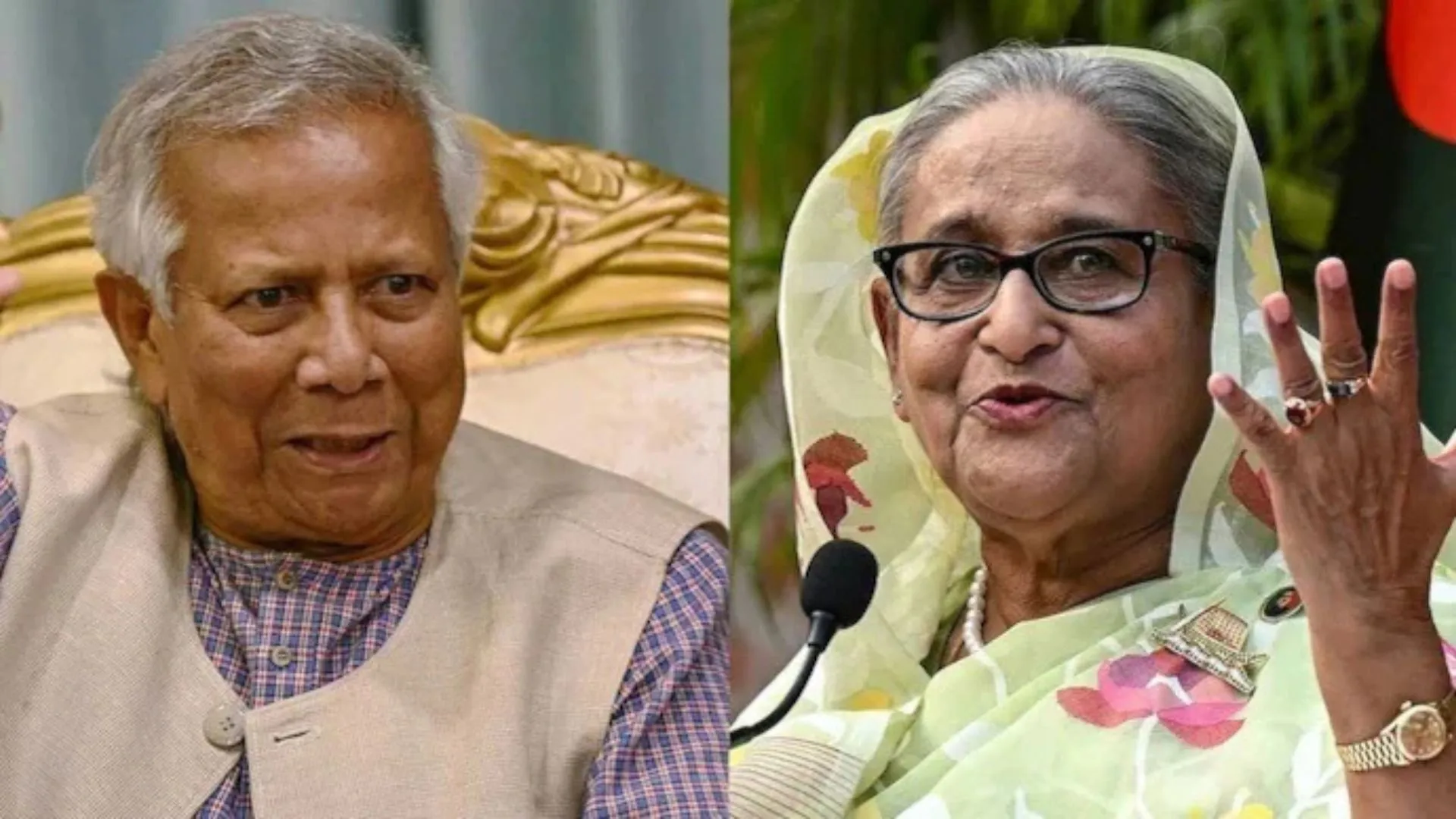During a two-hour phone call on Tuesday, Russian President Vladimir Putin and French President Emmanuel Macron exchanged views on urgent issues of global concern, including the war in Ukraine, tensions in the Middle East, and Iran’s nuclear ambitions.
The Kremlin said the exchange was “substantial,” with Putin making clear the necessity of Iran’s right to develop peaceful nuclear energy in the context of the Nuclear Non-Proliferation Treaty (NPT). Putin stressed Iran’s continued commitment under its NPT obligations and asserted that its right to develop peaceful nuclear capacities needs to be safeguarded.
Regarding the war in Ukraine, Putin reaffirmed Moscow’s traditional position, accusing the West of provoking the war through neglecting Russia’s concerns for its security. He informed Macron that any eventual peace agreement will have to take into account the “new territorial realities” on the ground and be “comprehensive and long-term” in nature. This is in line with Russia’s earlier insistence that any agreement has to accept its annexation of Ukrainian areas.
On the part of France, President Macron insisted on a ceasefire in Ukraine straight away and requested the launch of authentic peace negotiations. He also emphasized the need for Iran to maintain its international obligations under the NPT and fully cooperate with the International Atomic Energy Agency (IAEA).
The two leaders decided to persist with diplomatic coordination on these fundamental global issues and declared readiness to discuss them further in the near future, in line with a communiqué from the Élysée Palace.
The appeal comes against the backdrop of increased geopolitical tensions, with the conflict in Ukraine dragging on and regional instability increasing in the Middle East, specifically around Iranian nuclear plans and its place in regional security dynamics.























